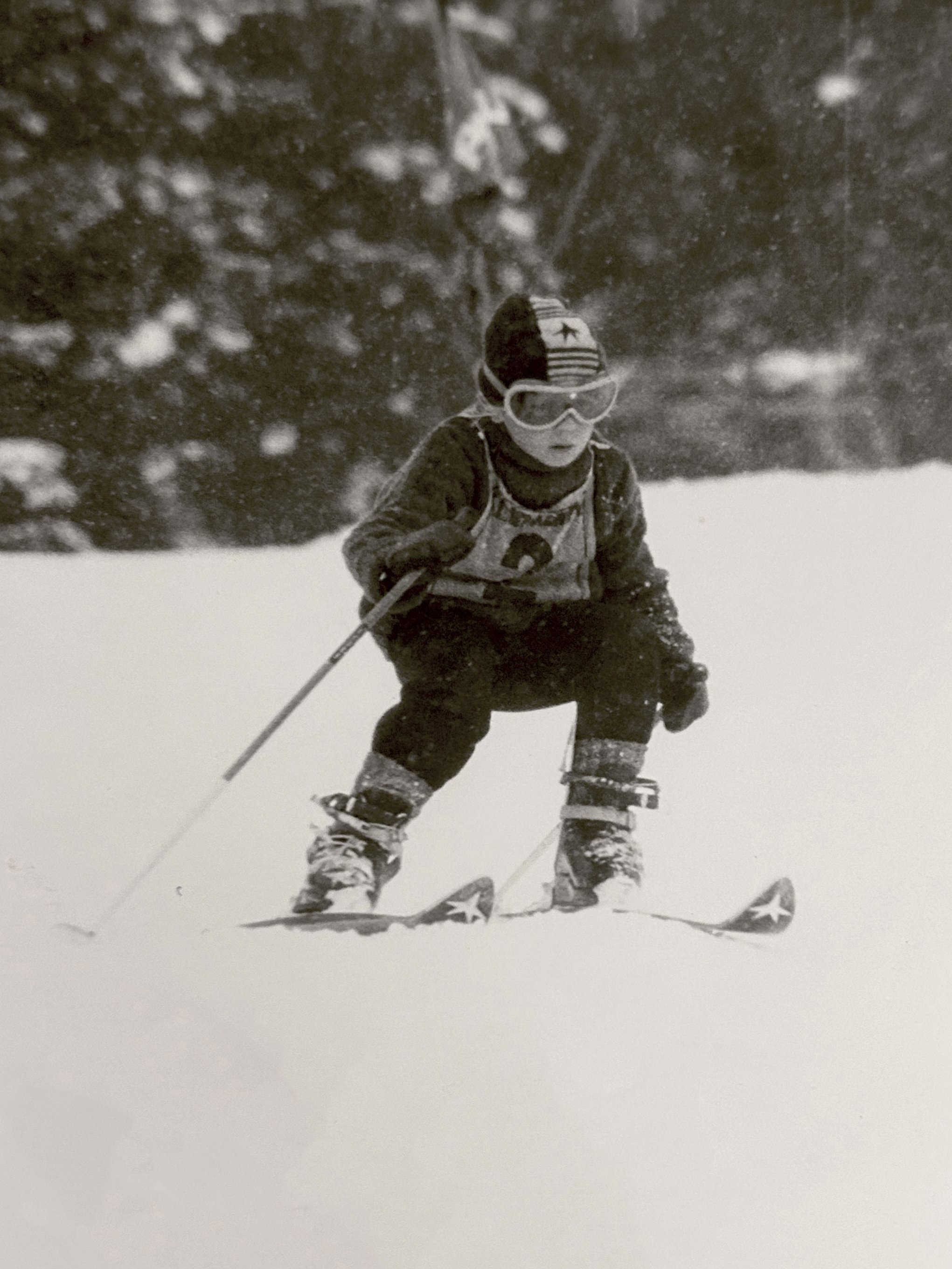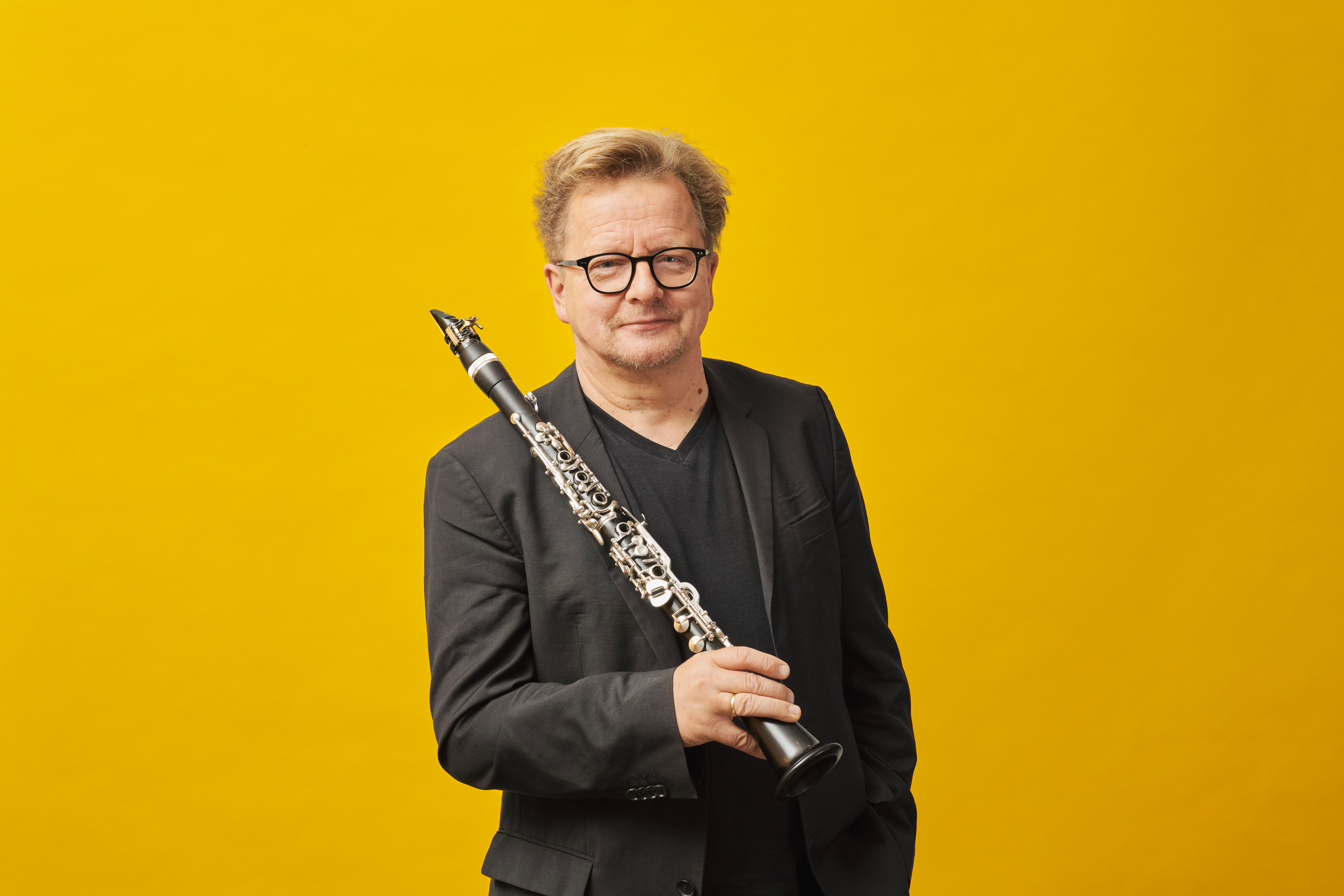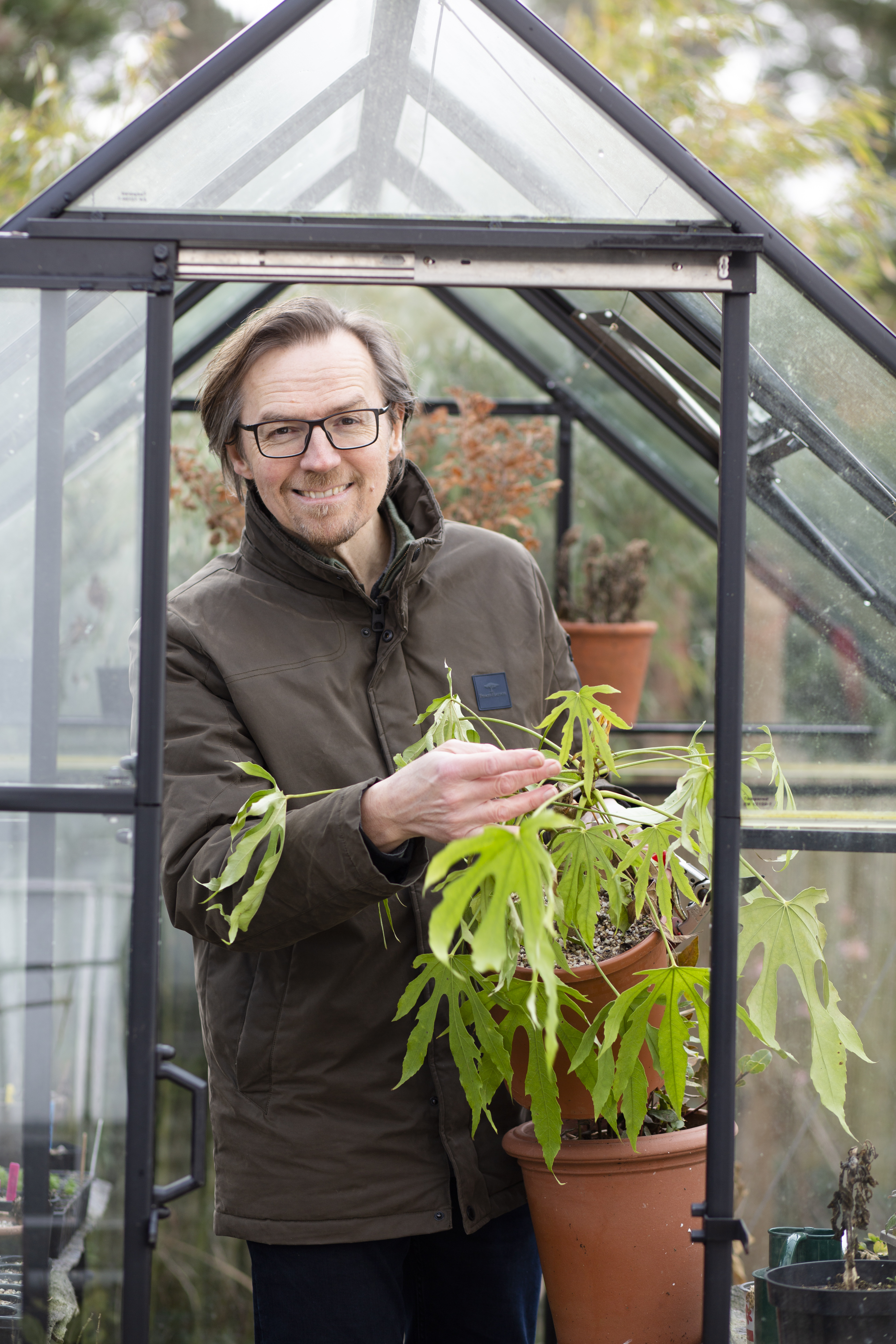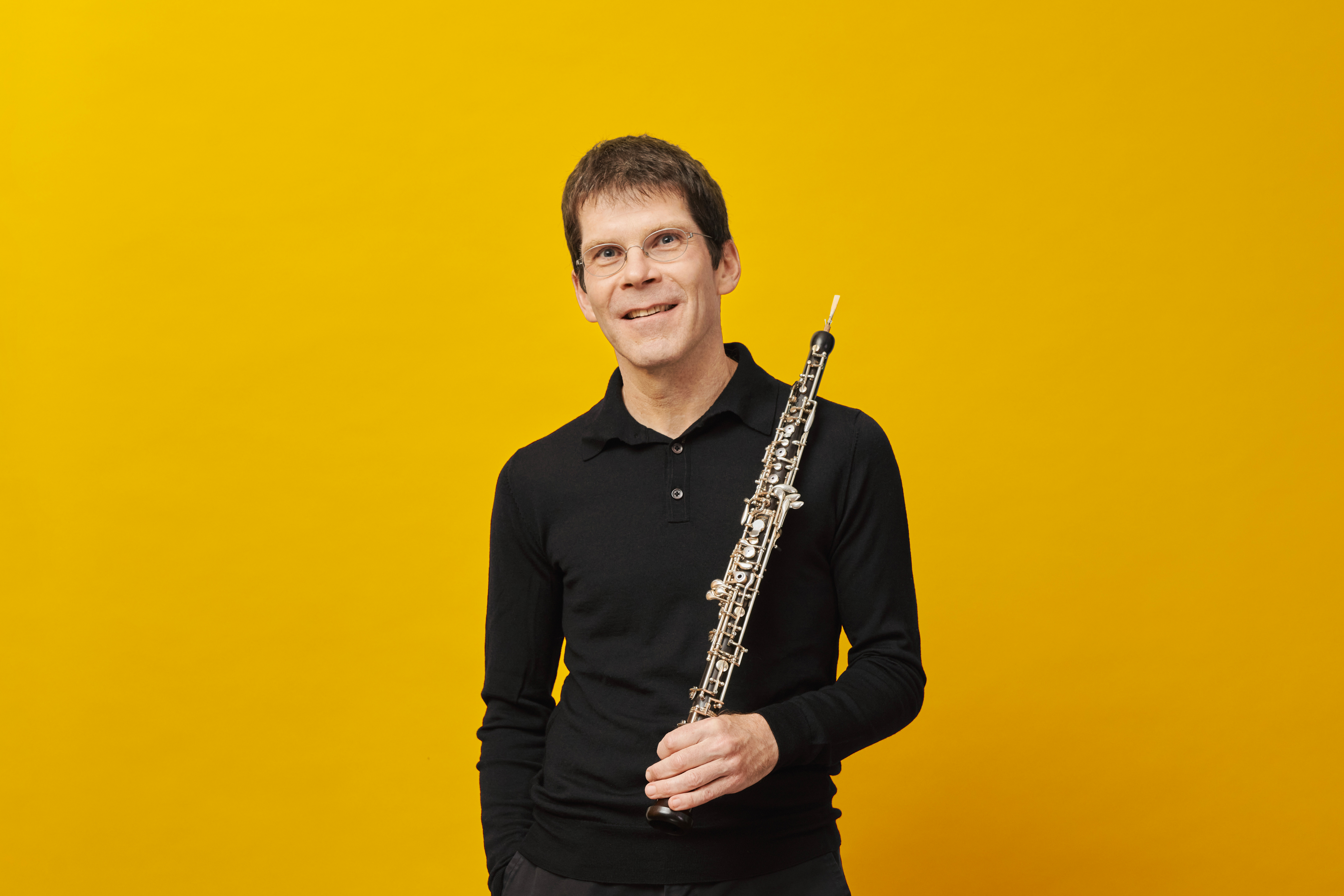In this column, we present members of the Berliner Philharmoniker and their extramusical passions. Today: clarinettist Wenzel Fuchs, who once swapped his ski poles for the clarinet.
“What if...?” Most of us have probably reflected on how our own lives would have unfolded if one or another event hadn’t intervened. The particular appeal of these thought experiments is that they’re pure speculation. The case of Wenzel Fuchs is a good example: what would have happened if, on that winter day in 1977, he hadn’t become stuck with his ski in a gap on the slope? But let’s not get ahead of ourselves.
As long as Wenzel Fuchs can remember he’s been a skier. No surprise there: with its wide and varied slopes, his Tyrolean hometown of Brixen im Thale near Kitzbuhel is one of Austria’s best-known winter-sport locations. Situated halfway between Salzburg and Innsbruck, it’s also where his mother ran a number of sports shops which were patronized by such famous skiers as Toni Sailer and Ernst Hinterseer. For Wenzel Fuchs, the sport of skiing soon became more than just a pastime: children’s racing club, youth squad and skiing high school were stations in his sporting career.
He and his schoolmates in Neustift im Stubaital spent their mornings in the classroom and their afternoons on the slopes. Those were long days, because they still had their homework to do in the evening. Last, but not least, there was music. Wenzel Fuchs had been playing the clarinet since he was eight, and early on he joined his father and brothers in the Brixen wind ensemble. For a long time it wasn’t clear whether sport or music would govern his life. Then came the accident.
Fuchs can still precisely recall that moment over 45 years ago when he was near the finish and suddenly the tip of his ski got stuck in a hole. From 60 to 0 in less than a second. He was 14 when he suffered a quadruple rotation fracture and had to be taken to hospital by helicopter. That was the end of his career as a ski racer.
Not long after, the oboist Jörg Schaeftlein, member of the Vienna Symphony Orchestra, was in Brixen on holiday. Fuchs’s mother asked the famous musician if he would listen to her youngster. “I played for him in my parents’ shop, and he thought I had to come to Vienna. I went.” In the Austrian capital he began his second life, and has been devoted to music ever since. “I started at the Hochschule with an oboe teacher,” Fuchs recalls. “But I hadn’t forgotten my true love, and practised the clarinet on the side. After nine months, with tears in my eyes, I pleaded to be allowed to study clarinet. Peter Schmidl became my teacher.” And so, in the end, Wenzel Fuchs had swapped his ski poles for the clarinet.
He began his career as principal clarinettist at the Vienna Volksoper and Austrian Radio (ORF) Symphony Orchestra before moving in 1993 to take up that position in Berlin. He now skis only twice a year on holiday. In addition, he jogs, plays tennis and enjoys cycling up to Berlin’s Teufelsberg. “For a native Tyrolean, of course, it’s no more than a hill,” says Wenzel Fuchs with a grin.
“Yet when I stand up there and look out over the city, it feels a tiny bit like being in the mountains.”



